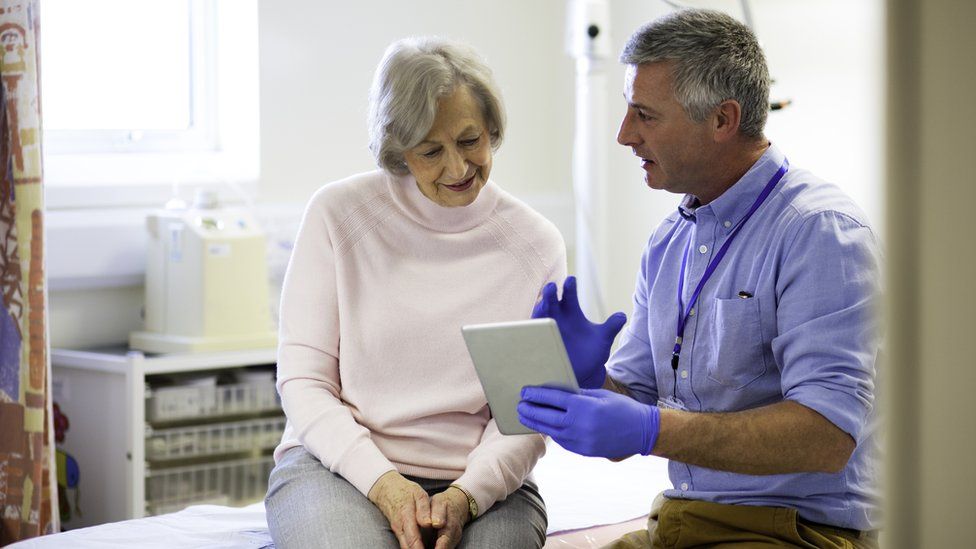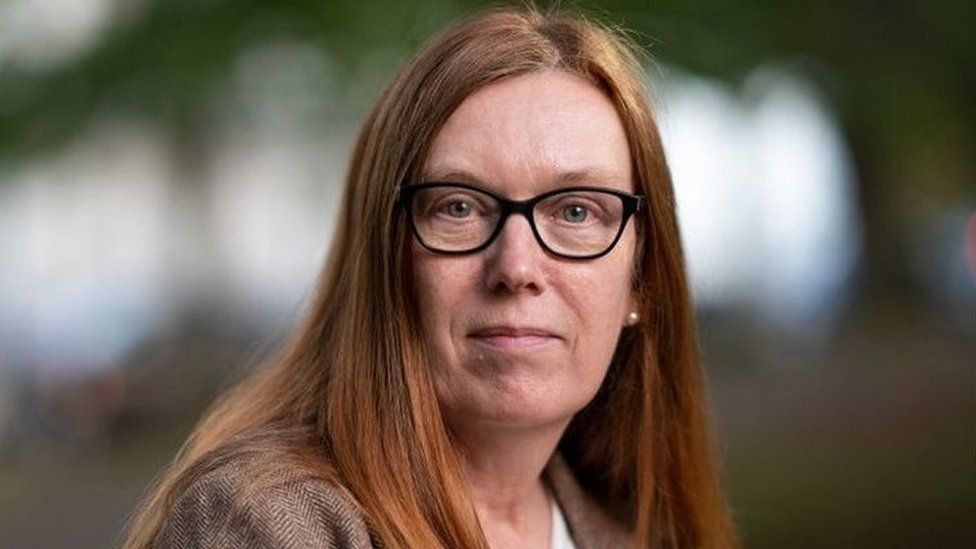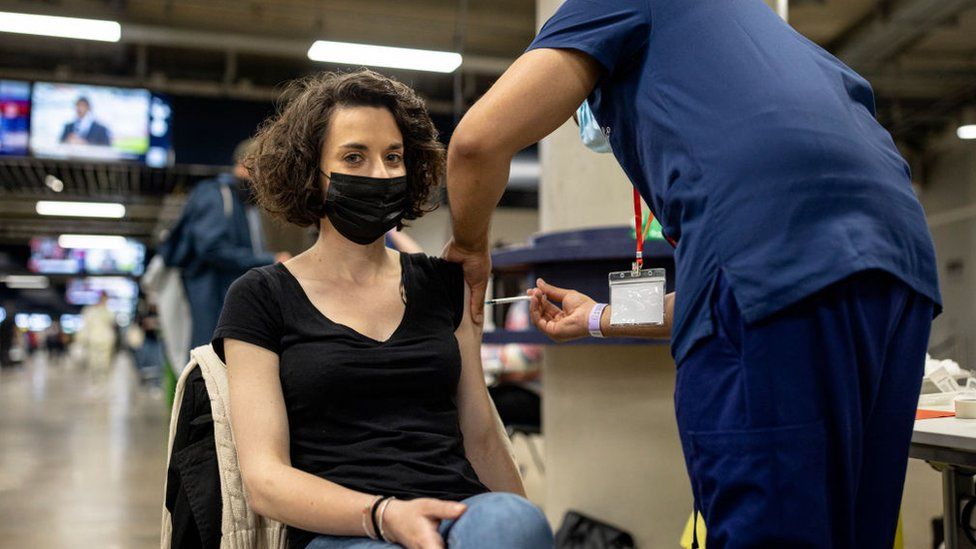Lib Dems call for access to named GP for over-70s
Published12 hours agoShareclose panelShare pageCopy linkAbout sharingImage source, Getty ImagesBy Becky MortonPolitical reporterThe Liberal Democrats have called for everyone over 70 or with a long-term health condition in England to get access to a named GP. The party said a “return to the family doctor” would help avoid hospital appointments and save the NHS money.Patients in England over 70 have had a named GP since 2013, with this extended to all patients in 2015. But Lib Dem leader Sir Ed Davey told the BBC this was “a tick-box exercise” that had not been implemented. The Conservative Party said the “huge unfunded spending commitment” from the Liberal Democrats was “just another empty promise”. The Liberal Democrats said their policy would ensure over-70s and those with long-term health conditions – an estimated 18.7 million people – would be offered appointments with their named GP as a first option wherever possible. It said these groups had been found to benefit the most from having access to the same GP. The Lib Dems have already pledged to give everyone a legal right to see a GP within a week or 24 hours if in urgent need. Sir Ed said: “We want to see the return of the family doctor, so patients with long-term care needs see the same GP and don’t have to waste time repeating their details from scratch at every appointment.”He told the BBC’s Sunday with Laura Kuenssberg programme 8,000 more GPs would be needed to deliver the scheme, which would take “at least four years” and an extra £1bn each year to implement. However, he argued it would save the NHS money in the long term as people would not need to go into hospital so often. Under the current system a patient’s named GP has overall responsibility for the care provided by the surgery. However, people are still able to see any doctor who is available. Minister for public health Andrea Leadsom said: “Just like the Labour Party, the Liberal Democrats can’t say how they will pay for their NHS promises because they don’t have a plan and would take us back to square one.” She said the government was “sticking to the plan to deliver the very best care for patients”, including through their scheme to increase the number of GP training places by 50%. Labour has also promised to cut red tape so patients can see the same GP each appointment if they choose, with shadow health secretary Wes Streeting saying GP practices would be provided with incentives to offer patients continuity of care.Mr Streeting said: “Labour will train thousands more GPs a year so patients can easily book an appointment with their regular GP. “We will cut the red tape that ties up their time, to bring back the family doctor.”More on this storyLib Dems promise right to see a GP within a weekPublished4 November 2022Millions wait more than a fortnight to see a GPPublished21 April 2023
Read more →



